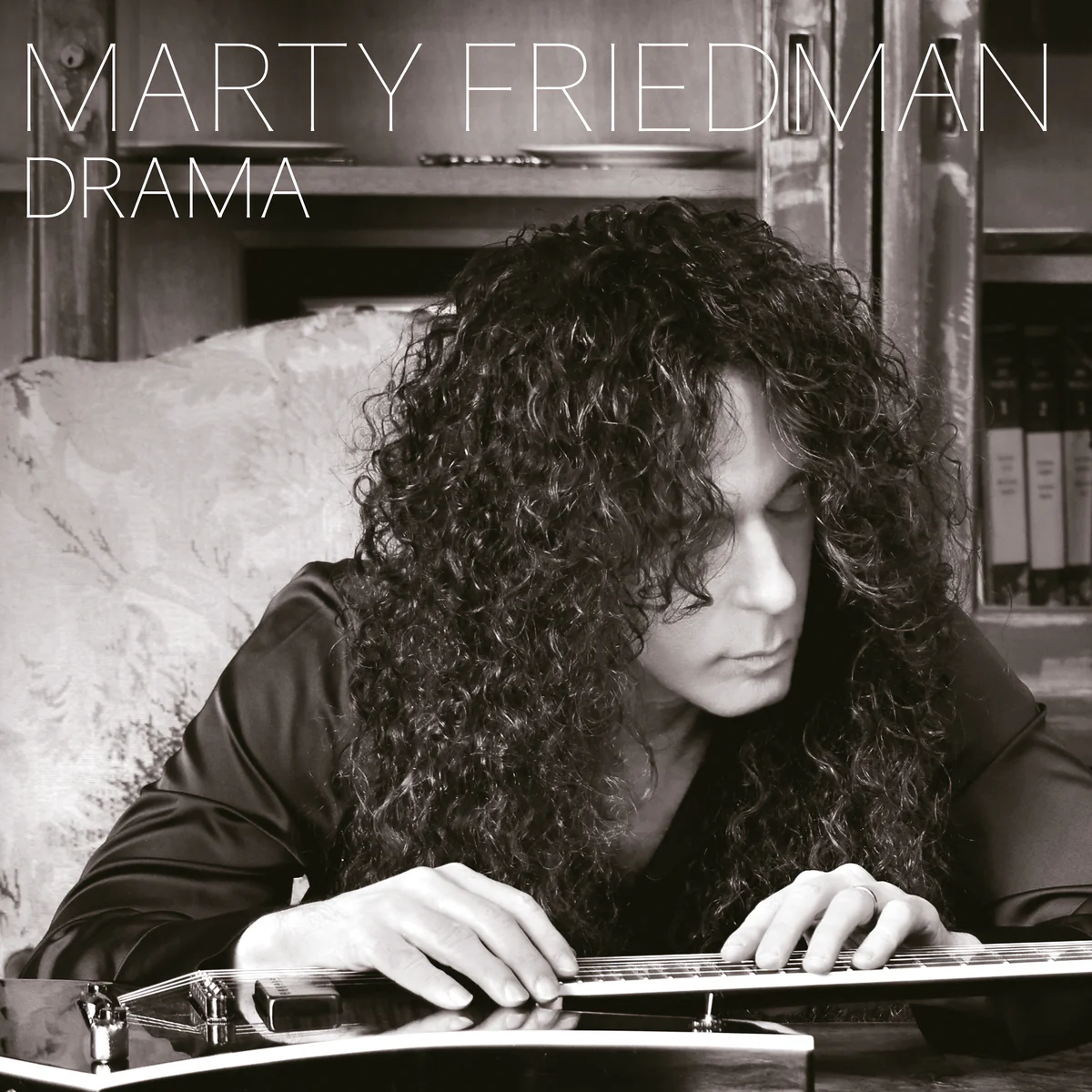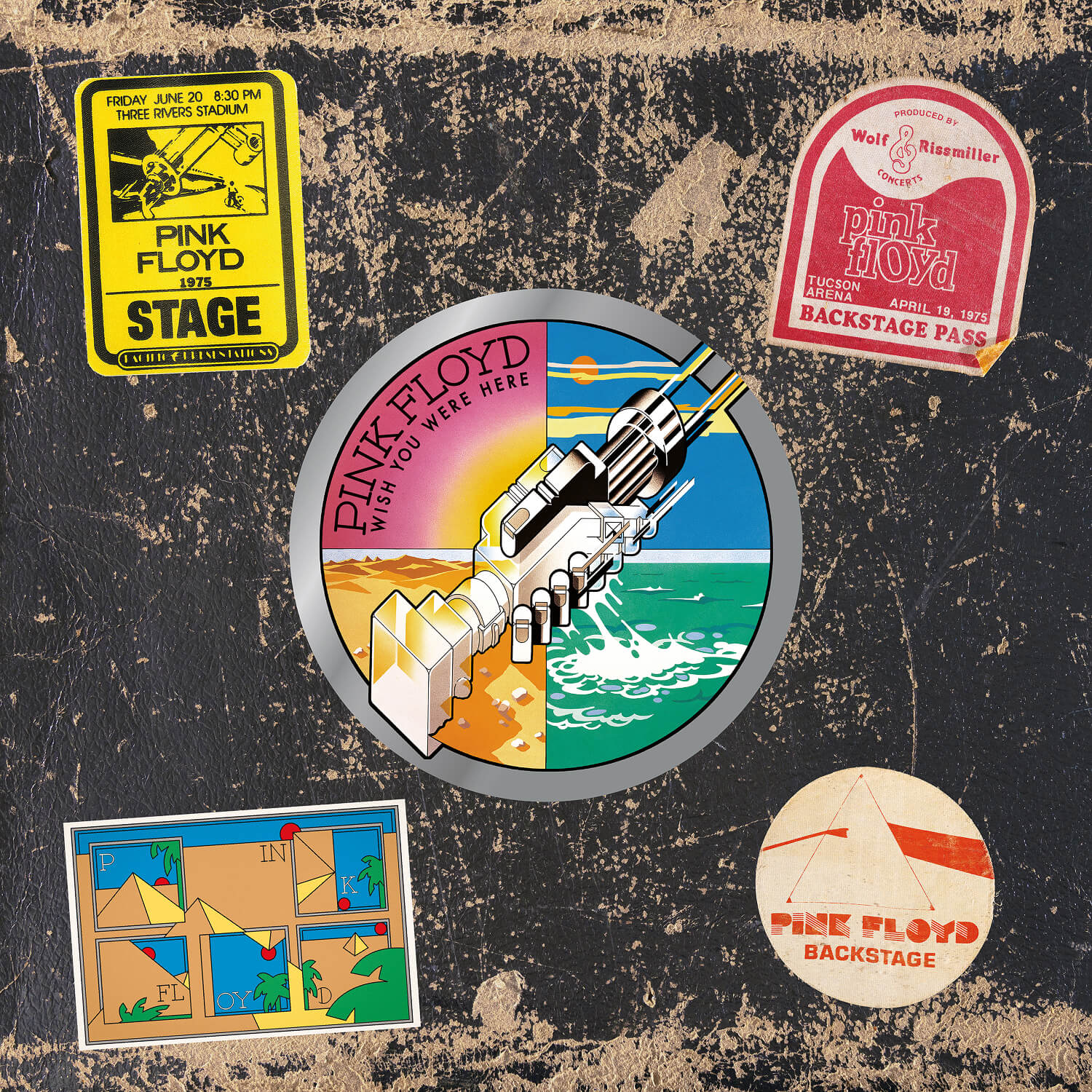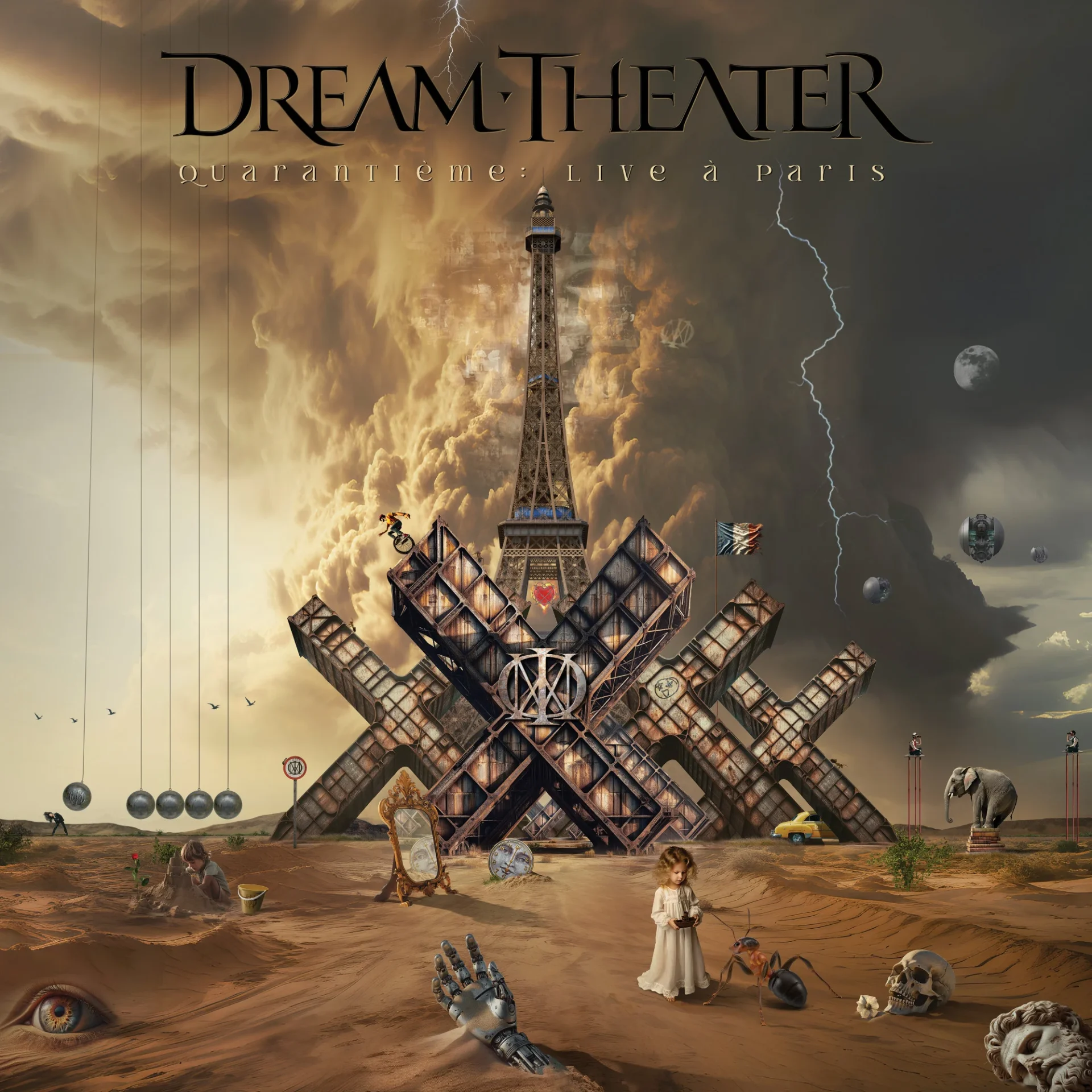Marty Friedman’s new album, Drama, recently released, marks the eighteenth solo record from the celebrated guitarist who once played with Megadeth. His discography is nothing short of impressive.
So, after nearly 25 years since leaving the Thrash Metal giant and moving to Japan to pursue a solo career in the local Japanese music industry, how does Drama sound?
It’s evident that Friedman has fully absorbed the Japanese musical language. For those unaccustomed to the kind of complex musical progressions, highly elaborate and sometimes slightly dissonant melodies, and the rich soundscapes typical of popular music in Japan, it might feel a bit unfamiliar.
The songs feature progressions that are like an avalanche of endless chords, with melodies and all kinds of arrangements soaring over them non-stop. It could be overwhelming, but if you’re used to embracing this type of sonic aesthetic, this tendency towards musical density is a truly rewarding experience.
Yet everything is perfectly ordered. The result is a constant flow of beauty—a beautiful musical narrative. Each song tells a story.
If I had to define Drama in one sentence I’d say it feels like “hope amidst melancholy.” The entire album is wrapped in a certain melancholic sound (something also common in Japanese music), but the enjoyment and passion with which Friedman plays seem to transcend that feeling, as if the answer is to surrender fully to his art, with something that goes beyond mere resignation to the cold reality of our existence without denying it.

Technically, Friedman is very clean and articulate in his playing—highly expressive. It seems like he lives intensely in every note he plays, with immense feeling. It’s as if he knows how to speak through his guitar. I can’t emphasize this enough. No other contemporary guitarist gives me the same impression.
At times, there’s a certain dark sound that wants to turn into metal. Considering Friedman’s metal background, this is expected, but it’s not really a metal album. Perhaps hard rock.
Drama also features several beautiful violin and cello phrases. There are also moving pianos that play a central role in the album. Sometimes these elements go unnoticed because everything happens so quickly. This is an album that demands your attention every moment to unravel its beauty, complexity, and all its multiple musical layers. It’s an album to be listened to attentively to truly understand it. It’s not an exaggeration to say that the songs are almost mini-orchestral pieces.
The album is almost entirely instrumental. There’s only one vocal track, the power ballad “Dead of Winter,” in English. There’s also a Spanish version of “Dead of Winter,” titled “2 Rebeldes.” The music is exactly the same, but the vocal melody is different, making it feel almost like a different song.
I find it a very interesting experiment. I prefer the English version. The Spanish version has an emo-style voice, which doesn’t quite align with my personal taste.
The band accompanying Friedman on this recording consists of excellent Japanese musicians, except for the drummer, who was the legendary Gregg Bissonette. The production quality is fabulous.
Drama is a work that captures the essence of a guitar virtuoso and a master of musical storytelling. Its fusion with Japanese complexity turns it into a sonic journey that challenges and rewards the listener. This album will not only delight guitar enthusiasts but will also resonate deeply with those who appreciate the sophistication of contemporary Japanese music. It’s a work that deserves to be listened to carefully, and I recommend it without reservation.






